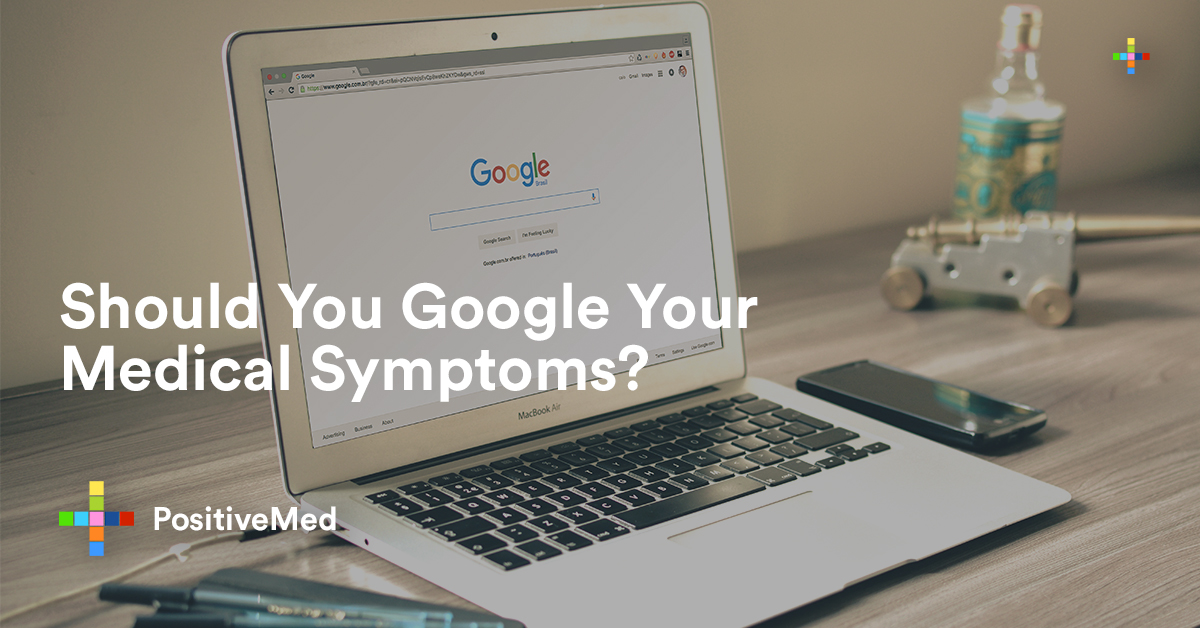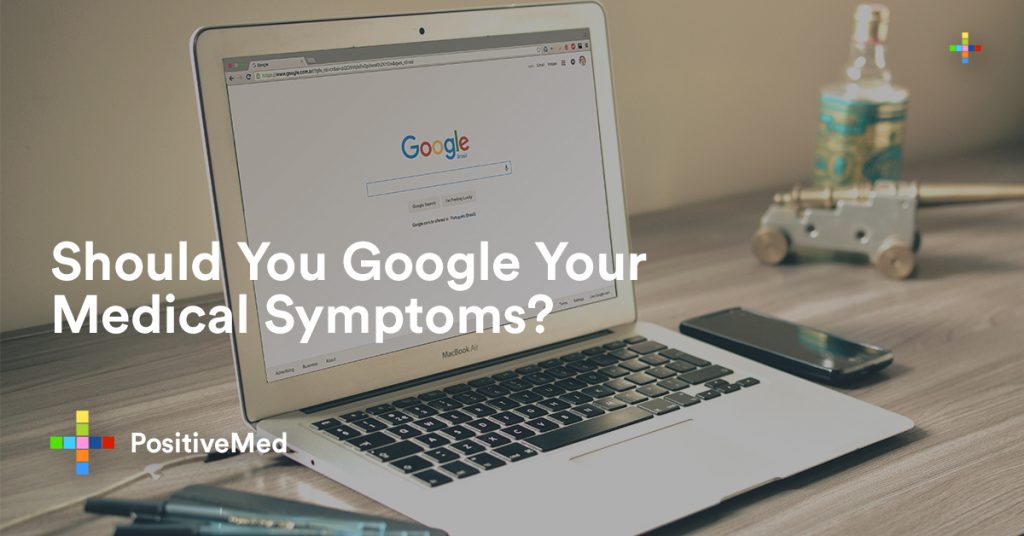Have you ever experienced some symptoms and sought for some guidance and google your medical symptoms? If yes, you are among very many people, according to latest findings by medical privacy survey involving U.S. adults.The fact is you may be exposing a lot of information about your family’s health online by searching through the internet.
In the last one year, the medical privacy survey found that 65% of U.S. citizens used an internet search or explored a medical website to check a medical condition that they (their close friends or family member) experience. That is not inclusive of people who used insurance company’s website or their healthcare provider’s portal.Justin Brookman, privacy director for consumer union says it is unavoidable to search the internet if your child exhibits some symptoms .
About two-thirds of those who searched knew their personal information could be stored and shared with third parties. However, that possibility had not occurred to all the other respondents.
Potential Problems
Searching for medical information on the internet can lead to two major problems. The first one is that the internet is rife with unreliable health information, which can effect false conclusions and misdiagnosis. Secondly, you can be inadvertently sharing your personal information and medical data by searching on the internet. This can put your privacy and security at some potential risk.
Although the Health Insurance Portability and Accountability Act protect personal health information, it does not cover the information you personally provide on the internet. This is according to Lee Tien, a senior staff attorney at the Electronic Frontier Foundation.

Speaking with researchers, Consumer Reports were trying to find out the best way to use the internet searches in investigating medical symptoms. They also reached out to privacy experts to find the risks of sharing medical details online and there was a safer way to search.
Here are some things you should know:
Can You Trust Online Medical Information?
According to some experts who were involved in the survey, some online information can be helpful, although it is crucial to maintain a skeptical mindset.
Bennett Shenker, M.D., assistant professor of family medicine and community health in the Rutgers Rober Wood Johnson Medical School, says Dr. Google can be a very dangerous physician to pay a visit.
In a 2014 study, Shenker used the top three search engines, including Google, Ask, and Bing to search for symptoms. He assessed the top five results from each search engine.
He discovered that for common illness that can be treated by a primary care provider, the results had an accurate diagnosis of about 70%. Nevertheless, his previous studies indicate that the success rate of the unusual illnesses declines dramatically to an accurate diagnosis of 30%.
Reliable Websites
According to Shenker, you are not supposed to key in your symptoms into a search engine and select the first result that pops on your screen. Instead, check for answers from reputable websites, such as the Centers for Disease Control and Prevention or National Health Institutes. The CDC has a list of all medical conditions health problems.
Sharing Personal Information
While Googling for your symptoms might sound like a private thing, no nurse or doctor gets involved other than you and the computer.
But there are certain web pages that provide third parties, like Facebook, Twitter, and Google. These can track some details about your online behavior even if you are not using them directly.Referring to Consumer Reports, 45% of the participants reported seeing online ads that were based on their medical searches or health information.
Protecting Your Personal Information
The following tips can protect your personal data and information when searching the internet.
When searching, use tools that keep your identity in secret.Use a virtual private network (VPN) when using public networks
Use a Tor browser that alleges to keep you anonymous while online








